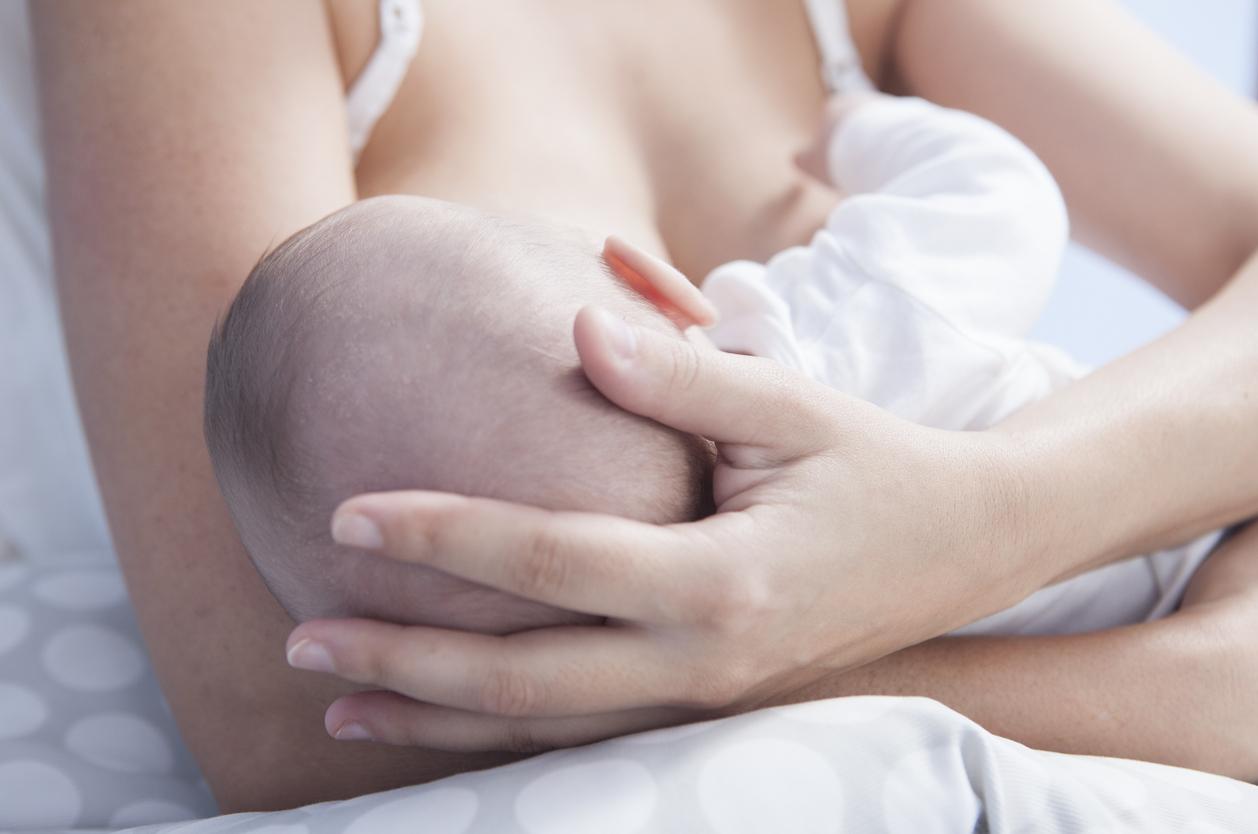Breastfeeding in public is finally legal in all 50 US states
Most countries have not needed laws to allow women to feed nursing infants

Breastfeeding in public is now finally legal in all 50 US states.
Utah and Idaho recently joined the rest of the country to protect mothers from public indecency charges and even fines levied by police.
While many countries have simply accepted that breastfeeding in public is a necessity and does not require legislation, Australia and the UK beat the US to the punch in providing legal protections for mothers needing to feed nursing infants in public.
Utah’s bill passed its house business and labour committee with just a six to five vote in February.
One of the state representatives who voted against the bill, Curt Webb, told a local radio station: “This seems to say you don't have to cover up at all. [I'm] not comfortable with that at all, I'm just not. It's really in your face.”
The bill passed with language requiring a woman to cover her breast while feeding a baby in a public place.
Idaho passed its law with far less resistance. Its bill was introduced by Republican state representative and father to a five-month-old baby Paul Amador.

Mr Amador told the Idaho Statesman newspaper ahead of the vote: “Unfortunately, Idaho is the one state that currently has no protections for breastfeeding mothers. Personally, I find it disappointing that we’re in 2018 and we still haven’t passed this law.”
The bill passed unanimously, 66-0, in March and came into effect two weeks ago.
As the Christian Science Monitor reported: “New Jersey expanded its civil rights law to protect nursing mothers from discrimination at work, joining 28 states that offer workplace protections."
New York state will also require breastfeeding rooms in all state buildings open to the public beginning in 2019.
However, protections for breastfeeding in public remain somewhat controversial over objections of “modesty” depending on if the woman covered her breast.

Part of the reason it took so long for all 50 states to pass such laws is likely because only one-quarter of state legislators in the US are women. Far fewer have nursing children while in office.
Until recently, breastfeeding mothers could not do so on the US Senate and House floors either.
That has changed with a new measure inspired by Senator Tammy Duckworth, who became the first sitting US Senator to give birth.
The rule change means she and other parents of infants do not have to miss a vote because of parental duties or being on maternity leave.
Ms Duckworth told the Chicago Tribune that while she has no plans to breastfeed her daughter on the Senate floor, she will if the situation calls for it.
“My daughter's got to eat, and I’ve got to vote,” Ms Duckworth said, adding:“I think it’s probably the same as anybody else going back to work from maternity leave."
She has also pushed for more lactation rooms in public buildings, particularly airports.
The move for nationwide legal protection for public breastfeeding comes just weeks after Donald Trump’s administration threatened countries with trade sanctions if they brought a resolution encouraging breastfeeding in front of the World Health Organisation.
It appeared the US was asking to have the language removed as a sign of support for the $70bn infant formula industry which relies on mothers not exclusively breastfeeding. Baby food lobbyists were in attendance as observers to the meeting.
Patti Rundall, policy director for UK-based advocacy group Baby Milk Action, has attended several of these meetings in the past and told the New York Times what the US did was "tantamount to blackmail". She said it "holding the world hostage and trying to overturn nearly 40 years of consensus on [the] best way to protect infant and young child health".
Join our commenting forum
Join thought-provoking conversations, follow other Independent readers and see their replies
Comments
Bookmark popover
Removed from bookmarks